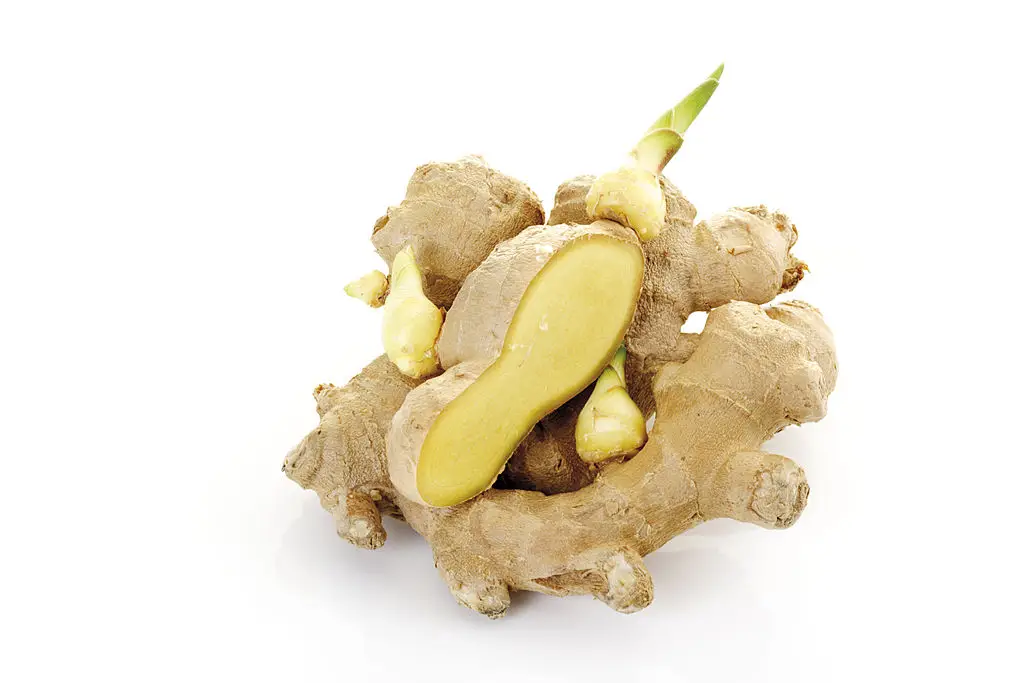Ignite Your Engine: 8 Spices and Herbs That Fire Up Your Resting Metabolism
If you want small, practical ways to support your resting metabolism, turning to the spice rack is a friendly place to start. Spices and culinary herbs won't replace balanced meals, regular movement, or good sleep, but several contain natural compounds that can gently nudge metabolism, improve digestion, or help the body use nutrients more efficiently. This article highlights eight familiar spices and herbs—what their active components do, how to add them to everyday cooking, and which safety points to keep in mind. Think of this as an easy toolkit you can fold into meals you already love: a pinch of heat here, a warm cup there, a comforting twist in your morning yogurt. Each entry offers practical ideas and realistic expectations so you can try one or two changes and notice how your body responds. If you take medications or have chronic health concerns, check with your healthcare provider before making concentrated or supplemental changes. Small steps over time are the kindest, most sustainable way to support long-term metabolic health.
1. Cayenne Pepper (Capsaicin)

Cayenne and other hot chilies contain capsaicin, a compound that can raise body heat briefly after a meal and may slightly increase calorie burn for a short period. This thermogenic effect is usually modest and tends to be most noticeable when capsaicin is part of a balanced meal rather than a standalone trick. Many people also find a small amount of heat reduces appetite or makes a meal feel more satisfying, which can help with portion control. Add a pinch of cayenne to soups, stews, tomato sauce, or scrambled eggs to taste. If you're new to spicy foods, start with a tiny amount and build up slowly to avoid discomfort. Skip or reduce cayenne if you have active reflux, a peptic ulcer, or sensitive digestion, and talk to a clinician before using concentrated capsaicin supplements.
2. Ginger (Gingerols)

Ginger holds a long history as a digestive aid and contains gingerols and related compounds that can ease indigestion and support comfortable digestion after meals. Better digestion can indirectly support metabolic health by helping steady blood sugar and keeping energy levels more even through the day. Try thin slices of fresh ginger steeped in hot water for a soothing tea, grate a little into stir-fries or soups, or blend it into smoothies. Ginger also pairs well with citrus and honey for a quick morning boost. Most people tolerate culinary amounts well, though concentrated ginger supplements can thin the blood in high doses; check with your doctor if you take blood-thinning medication. If you notice heartburn or stomach upset, reduce the amount and observe how you feel.
